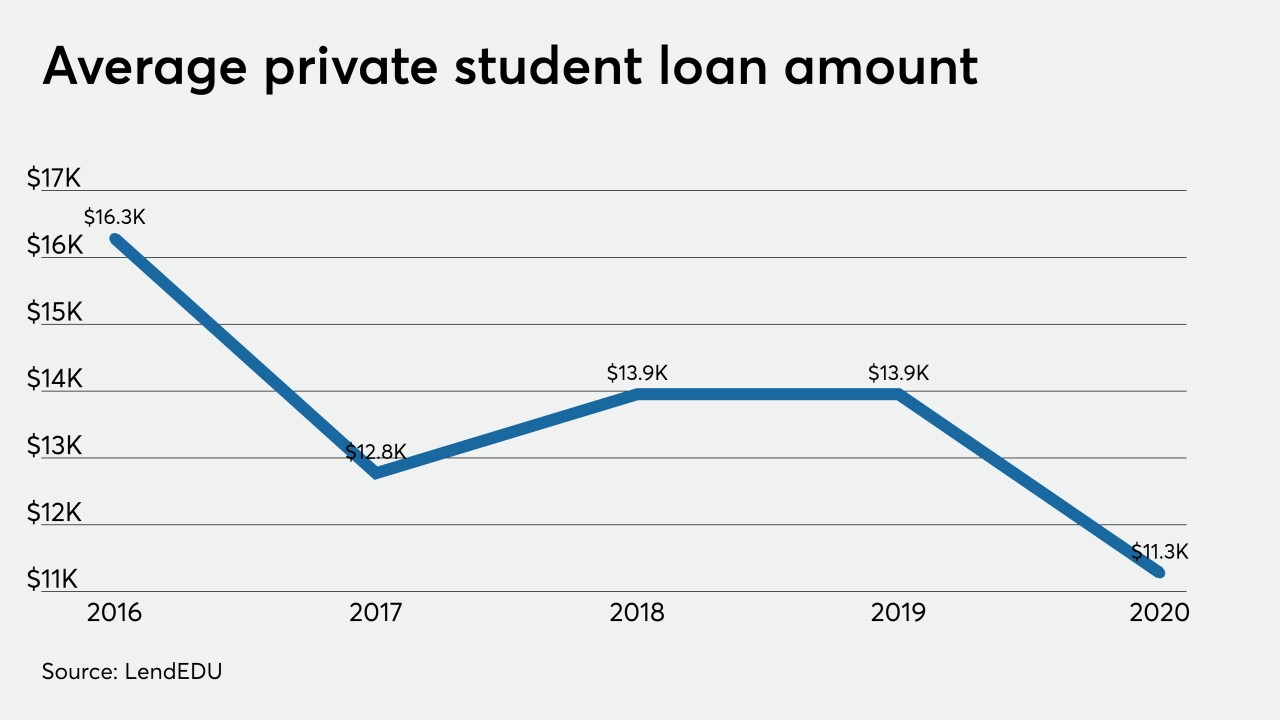-
The credit score firm partnered with Plaid to bring additional cash-flow data into its previously released UltraFICO score.
November 20 -
The credit scoring agency's rollout comes after years of criticism from home lenders over its prices, with delivery costs rising over 40% in the past year.
October 2 -
A FICO survey shows 33% think exaggerating income on credit applications is acceptable. Ironically, many also prioritize strong fraud prevention from banks.
July 30 -
Consumer advocates and fintechs say the traditional credit score and lending systems that use it are murky and perpetuate bias. FICO’s leader points out that new FICO scores use expanded data sets, just as fintechs do.
April 4 -
Variables unique to the past year, such as the effect of government stimulus, are not fully considered in typical credit scores. For a more complete picture, the industry should accelerate a digital transformation in scoring models.
April 7 Publicis Sapient
Publicis Sapient -
Without the application of tested safeguards, using such data can run the risk of worsening the very problems of credit access that we seek to solve.
April 5 FICO
FICO -
TomoCredit relies strictly on cash-flow data to gauge the creditworthiness of immigrants and young consumers, who often have too little financial history for traditional scoring models.
March 18 -
Harvest, a fintech founded by Nami Baral, has developed an alternative scoring method that amasses data on spending patterns, debt payments and even earnings potential to get a better sense of consumers' creditworthiness.
October 1 -
Lenders are struggling to deploy deposits into interest-earning assets, and changes to post-secondary education may further limit these options.
September 1 -
The German bank agreed to pay $150 million to New York State for its dealings with Jeffrey Epstein; the new tool will help lenders determine which borrowers are in the best shape to weather a crisis.
July 8 -
Leveraging AI and machine learning can help credit unions focus on doing what they do best: forging connections with members.
March 26FICO -
Attempts to rewrite the method for determining unintended discrimination in housing should not bleed into fair-lending laws.
March 4 Upstart
Upstart -
Testing shows an overreliance on machine learning data can unfairly harm credit scores.
December 12 FICO
FICO -
Doug Clare explains how the organization uses artificial intelligence to spot crime rings and skimmers.
November 11 -
Fair Isaac Corp. has added a platform alongside its 25-year-old FICO Falcon fraud-detection solution for credit and debit cards that aims to ferret out risky and fraudulent real-time payments.
September 23 -
The Trump administration’s “public charge” rule would add credit reports to factors that could be used to deny legal residency, but critics say credit scoring was never intended for that purpose.
August 21 -
The regulator of the government-sponsored enterprises retreated from an earlier proposal that had barred VantageScore because of its ties to the credit bureaus.
August 13 -
Borrowers with poor credit make up less than 15% of the industry's total auto loan portfolio. That has shielded CUs from some delinquency issues, but some say it raises questions about whether the movement is reaching the consumers it was chartered to serve.
May 28 -
The new cloud-based solution is intended to help financial institutions make quicker credit decisions by integrating consumers’ histories with advanced software.
March 27 -
The Federal Housing Administration is returning to manual reviews of higher-risk loans it insures because it's finding that a growing share have lower credit scores, higher debt-to-income ratios, or both.
March 18














